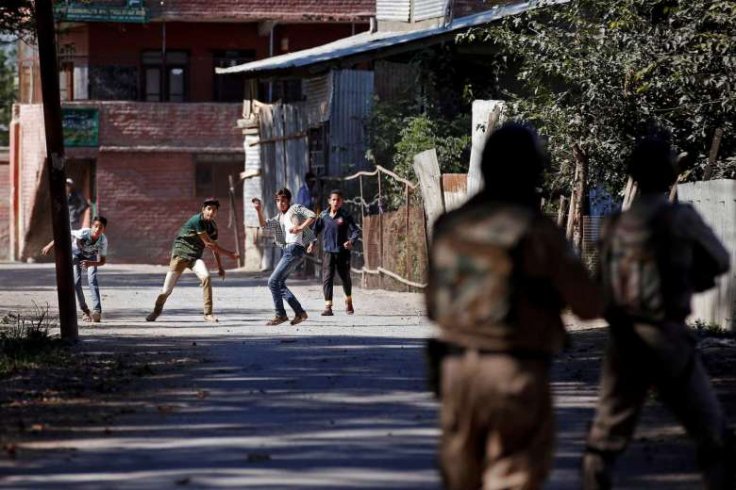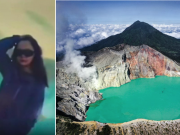The Pulitzer Prize board has apparently taken a partisan stance in the India-Pakistan conflict. More than that, the committee that awards the most prestigious journalism prizes has also made a misrepresentation of the Kashmir issue. While naming three news photographers from the Indian state of Jammu and Kashmir as the winners of the Feature photography award, the board said India had revoked the independence of the state.
The Pulitzer website says three Associated Press photographers won the prize for the "striking images of life in the contested territory of Kashmir as India revoked its independence, executed through a communications blackout." The Indians who won the prize are Channi Anand, Mukhtar Khan and Dar Yasin, who are from the Jammu and Srinagar cities of Jammu and Kashmir.
No freedom of press?
The committee does not explain, however, how it was possible for the AP reporters to rush their work to the newswire if a 'communication blackout' was in existence in the state. More surprising is the committee's claim that India 'revoked' the independence of Jammu and Kashmir.

On August 5 last year, India's central government scrapped the Article 370 of the Indian constitution that had granted special status to the state of Jammu and Kashmir. By repealing the Article, India also bifurcated the state of Jammu and Kashmir into two Union Territories – Jammu and Kashmir, and Ladakh. The Jammu and Kashmir segment will continue to have a legislature, while Ladakh will be without a legislature.
What is Article 370?
Under Article 370, the state government had the right to make laws, without needing the centre's ratification, in matters excluding defence, foreign affairs and communications. Effectively, the repeal of Article 370 meant that the state of Jammu and Kashmir would be administered by laws applicable to all other Indian citizens.
It's not clear how the Pulitzer Committee jumped to the conclusion that India had 'revoked' Kashmir's independence. India had curbed communication channels in the state in the aftermath of the scrapping of Article 370, considering the high-intensity militancy, backed by Pakistan, going on in the state. However, Indian journalists and photographers were allowed to work in the region while only foreign press access was curbed.
Jammu and Kashmir joined the Indian union in 1947 under the Instrument of Accession executed by Maharaja Hari Singh, who was the ruler of the region when the British left the continent. However, before Hari Singh signed the instrument of accession, Pakistan-backed forces had attacked Jammu and Kashmir and captured land now known internationally as Pakistan Occupied Kashmir (PoK).









